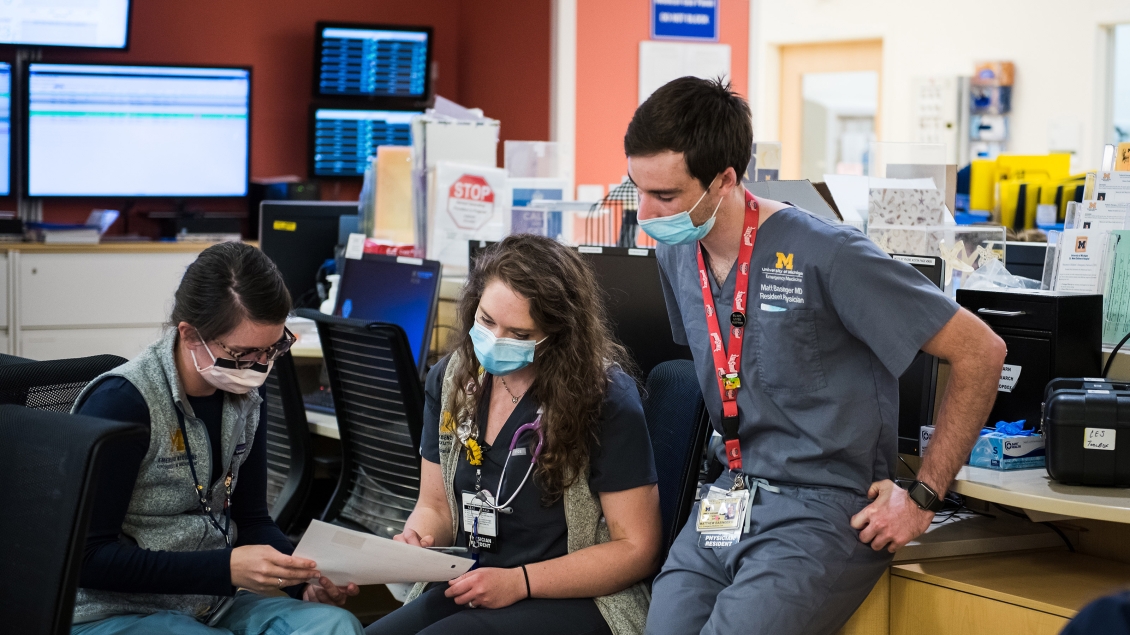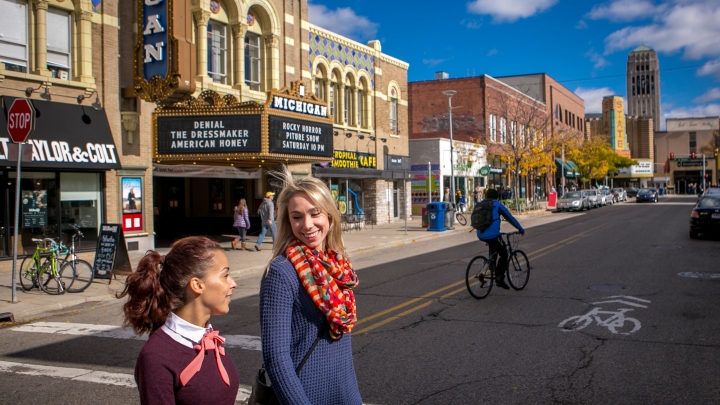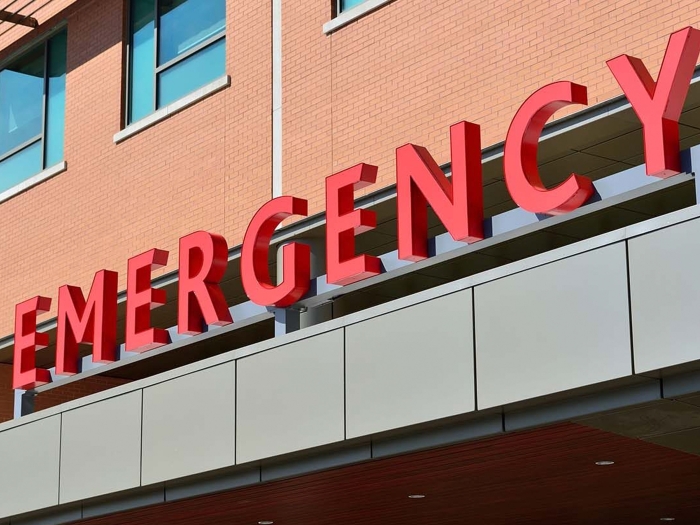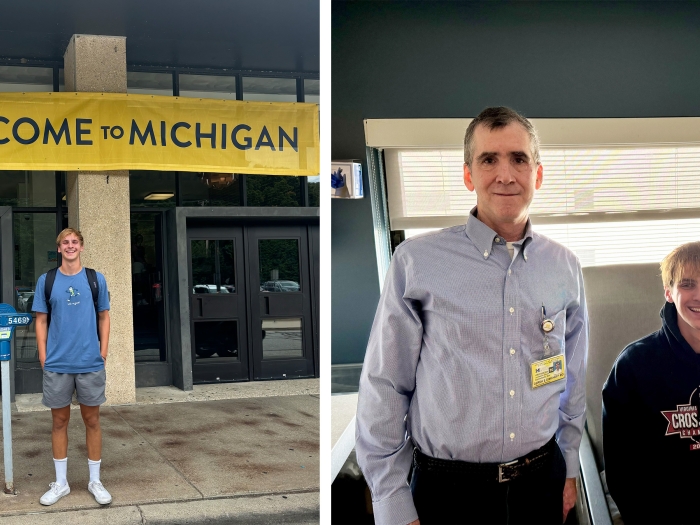
Advance Your Impact
Our fellowships provide specialized emergency medicine training and the opportunity to excel as a leader.
The U-M Medical School Emergency Department offers a range of fellowships designed to elevate your expertise in emergency medicine. Whether through ACGME-accredited or specialized non-ACGME programs, you'll receive advanced training, mentorship, and the opportunity to excel as a leader in your chosen field.
Discover the spaces where you'll train, learn and practice at the University of Michigan Medical School Department of Emergency Medicine. Explore the clinical, work and common areas where you’ll train and grow as a physician.

We find a new reason to love Ann Arbor nearly every day — year-round outdoor activities, cultural experiences, a growing food scene, and a welcoming, family-friendly atmosphere are just a few that come to mind. Explore all that Ann Arbor and our surrounding communities have to offer.

The University of Michigan is committed to supporting the well-being of our trainees.





